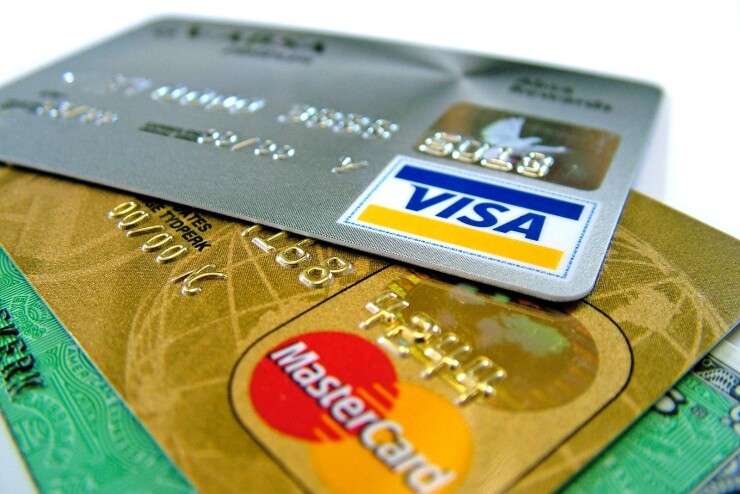A slew of state laws that bar retailers from imposing surcharges on credit card transactions are poised to be toppled, though the legal process will take some time to unfold.
The latest omen came Wednesday, when a federal appeals court in California sided with merchants that want to charge higher prices to customers who pay with plastic, since those transactions cost more for retailers to process. They were challenging a 32-year-old state law that banned the cash-register fees.
The California decision built on a U.S. Supreme Court ruling from March 2017 involving a similar law in New York. The nation’s highest court found that the New York law regulated speech rather than conduct, casting doubts on its ability to withstand First Amendment scrutiny.

Florida’s credit card surcharge ban has already been struck down by the courts, and while similar laws remain in effect in Colorado, Connecticut, Kansas, Maine, Massachusetts, Oklahoma and Texas, the recent court decisions seem likely to spark more legal challenges.
“We’re confident that all of these statutes will be wiped out,” said Deepak Gupta, the lawyer who spearheaded the court challenges in both New York and California. “And that is the clear trend in the courts now.”
Many of the state prohibitions date back to the 1980s, but they were long considered irrelevant, since card network contracts also banned the surcharges. The state laws became more germane earlier this decade following a legal settlement in which Mastercard and Visa allowed merchants to start levying the fees.
In 2013, there were
Under California’s law, retailers are allowed to offer discounts for cash purchases, but they are barred from imposing a surcharge on credit card purchases. From an economic standpoint, there is no difference between the two. However, research on consumer behavior has found that avoiding a fee is a bigger motivator than receiving a discount.
In Wednesday’s decision, a three-judge panel of the Ninth Circuit Court of Appeals upheld a district court ruling in favor of an Italian restaurant, a dry-cleaning shop and several other merchants. The opinion does not fully overturn the state law, but it does provide a clear road map for retailers that want to levy surcharges.
The state of California could appeal the ruling, but that path looks challenging following last year’s Supreme Court ruling. A spokesperson for California Attorney General Xavier Becerra said in an email that the state is evaluating all of its options.
Gupta, who conceived of the strategy of challenging the state laws on free-speech grounds, hailed the Ninth Circuit’s decision as a victory for both merchants and consumers.
“It means that consumers can’t be kept in the dark about the hidden cost of credit card swipe fees, which funnel vast amounts of money from consumers to large banks and credit card companies,” he said.
Still, even assuming all the state bans are eventually struck down, it seems unlikely that credit card surcharges will become commonplace. Most retailers are reluctant to impose the fees because they fear losing business to their competitors. The worry is that customers will become annoyed with the additional charges.
Asked about Wednesday’s ruling, one lawyer who frequently represents merchants said, “Most retailers don’t think this is really a big deal.”
A spokesperson for the Electronic Payments Coalition, a trade group that represents card networks, banks and credit unions, declined to comment on the Ninth Circuit’s decision.





